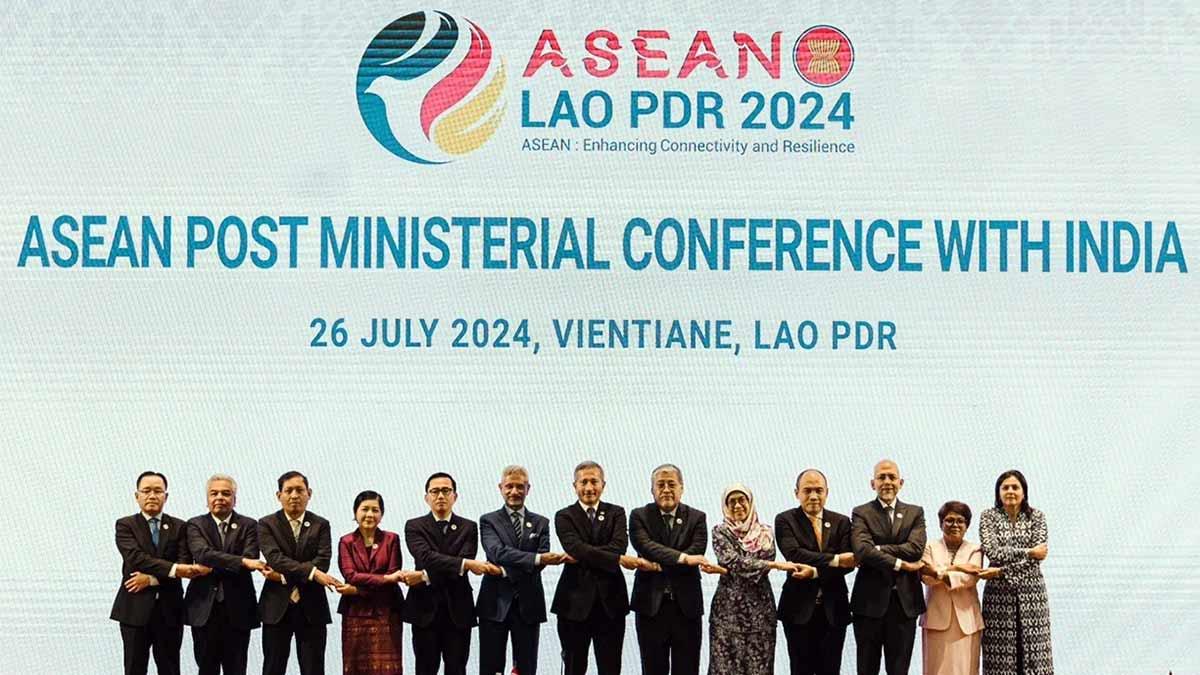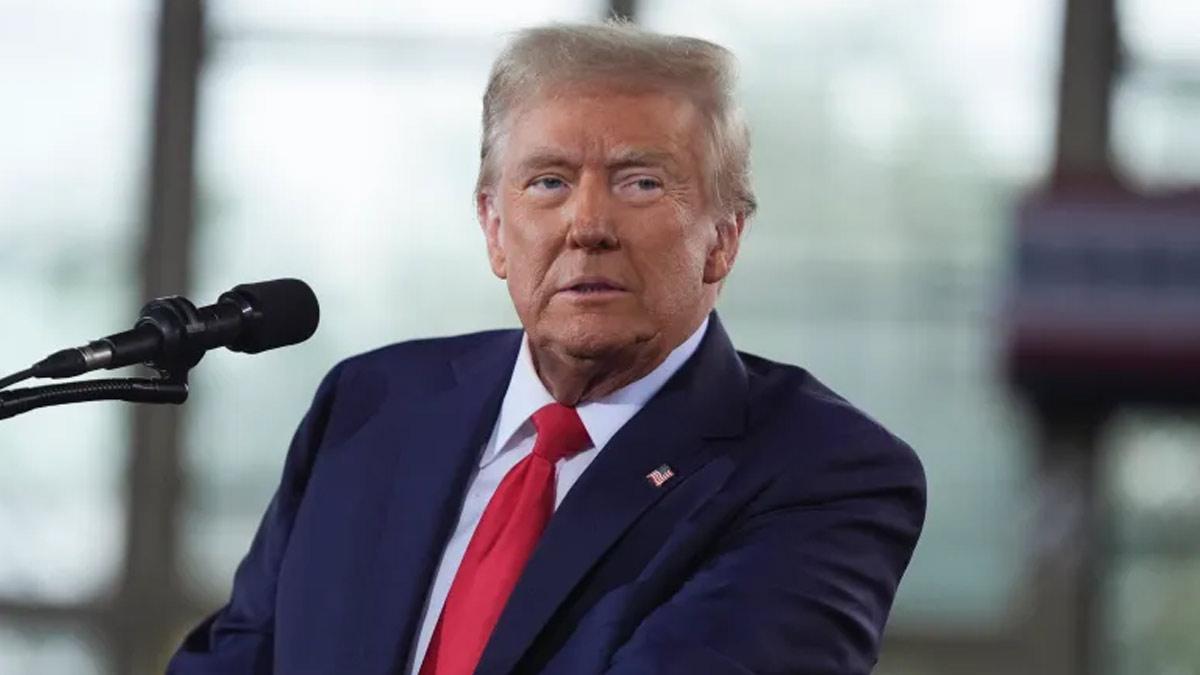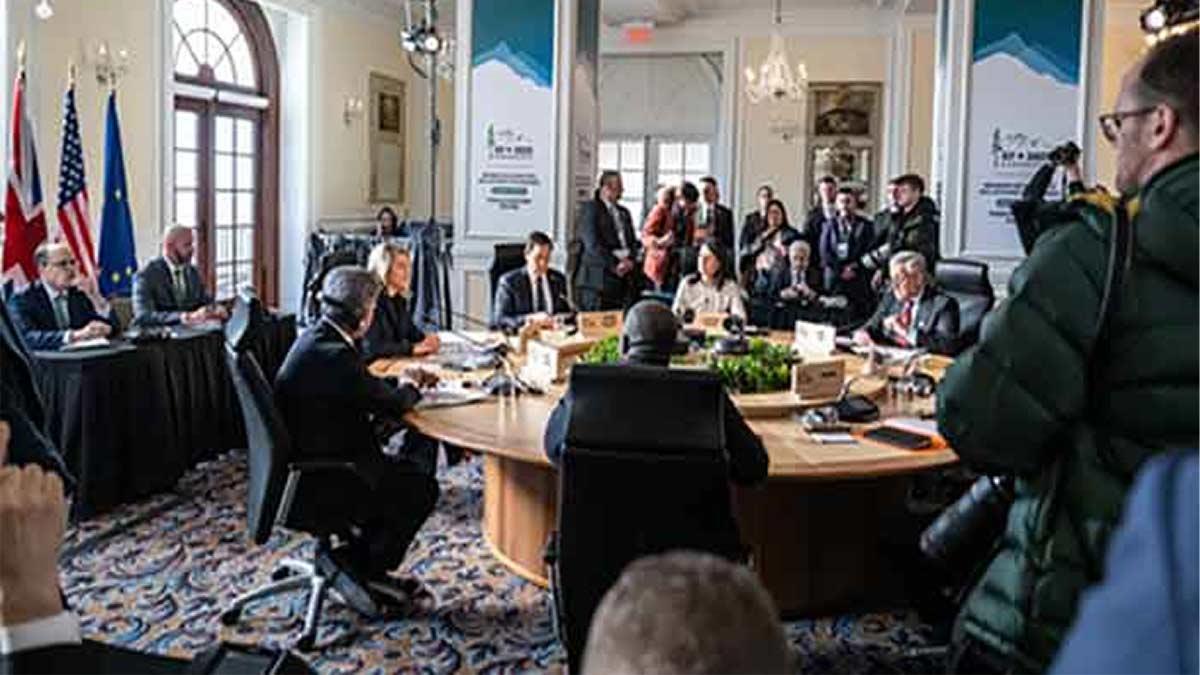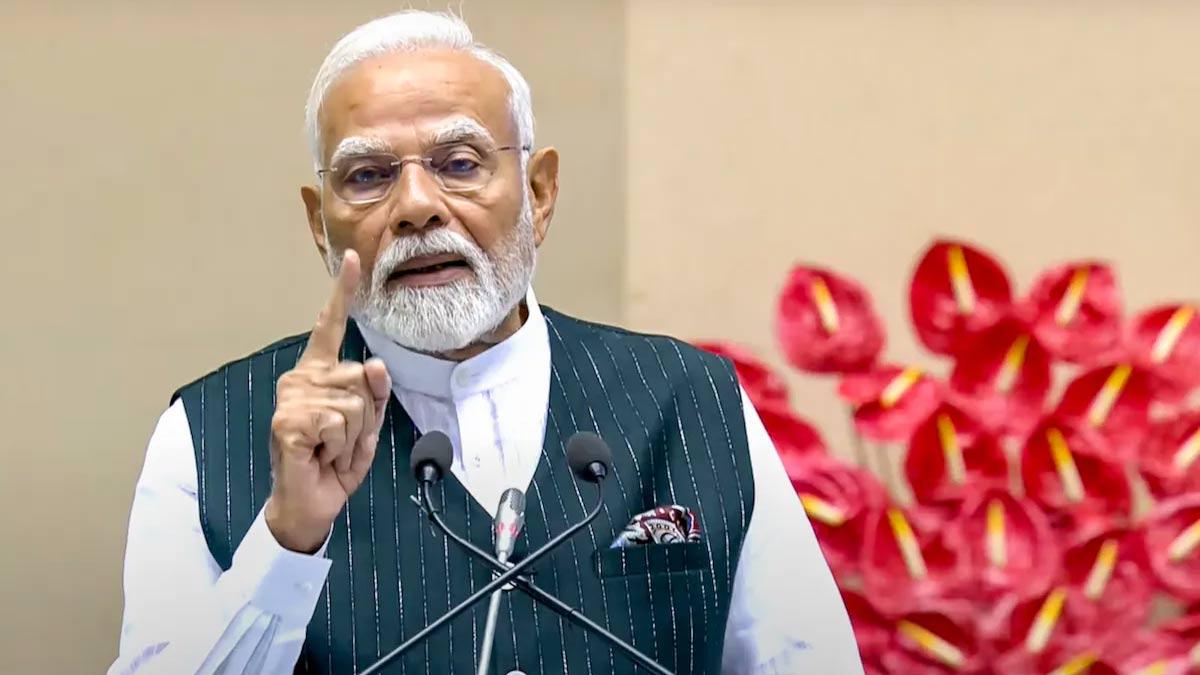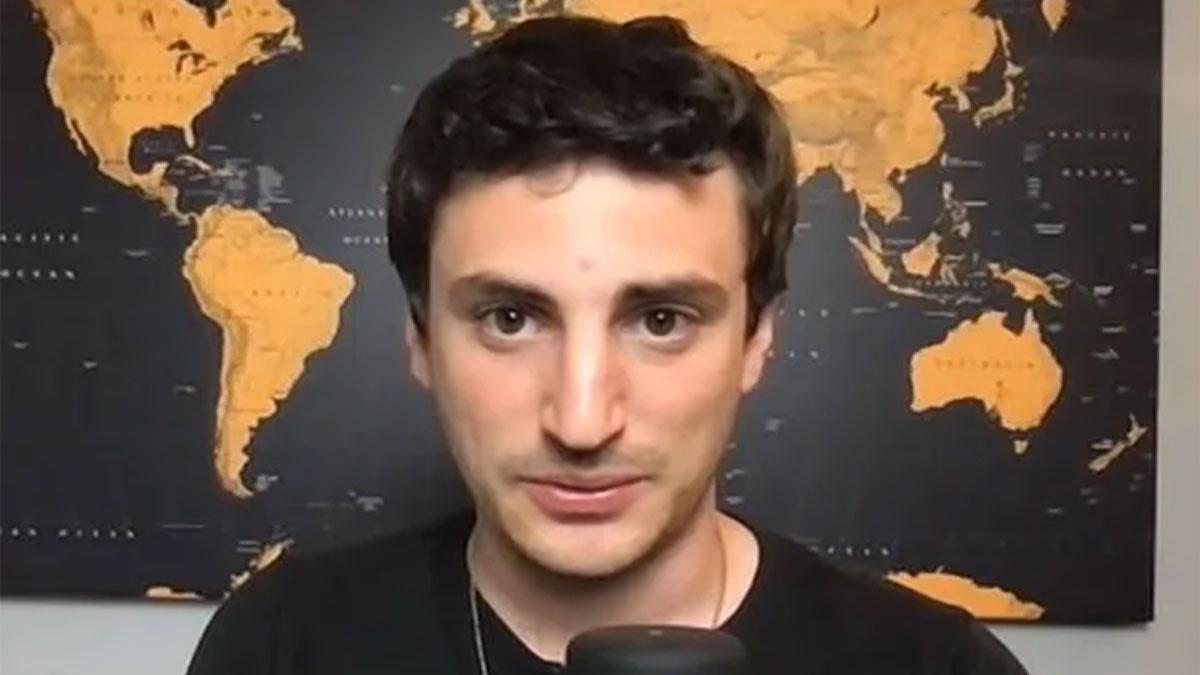Pakistan's attempts to acquire full-fledged dialogue partner status in the Association of Southeast Asian Nations (ASEAN) are faced with strong opposition from various powerful member states, including Indonesia and Singapore.
Although Malaysia, which is currently chairing ASEAN, seems cooperative, reports indicate that a consensus in the bloc could prove difficult to achieve.
Islamabad's quest for ASEAN outreach is seen as being part of its overall diplomatic effort to use multilateral forums to improve its storytelling against India. Analysts think this is a calculated bid to get foreign focus on its bilateral conflict, especially over Kashmir—a strategy New Delhi has routinely dismissed as inapt and self-defeating.
But ASEAN's policy of decision by consensus has turned out to be a huge stumbling block for Pakistan. With India in the lead, major ASEAN members like Indonesia and Singapore are likely to side with New Delhi, which would make the Pakistani bid difficult.
Certain reports opined that Cambodia, which is a close friend of China, could provide assistance to Pakistan, reportedly at the behest of Beijing. Malaysia, the other country fortifying its relations with China, is also being watched closely in this regard. Interestingly, Malaysia and Cambodia, who had formerly backed Pakistan in Operation Sindoor following the Pahalgam terror attack, later backed down and aligned themselves with India's counter-terror measures.
Indonesia, the world's largest Muslim-populated country, has adopted a cautious approach to Pakistan's Kashmir narrative. Not only has Jakarta pushed back against Islamabad's attempts to highlight Kashmir in the Organisation of Islamic Cooperation (OIC), but it has also acted to strengthen strategic and economic links with India.
One such instance is Indonesian President Prabowo Subianto's trip to India earlier this year, where he was the Chief Guest at India's 76th Republic Day. In a significant move, he stayed on in India and postponed a planned visit to Pakistan.
More recently, during an OIC Parliamentary Union conference chaired in Jakarta, Indonesia—along with Egypt and Bahrain—balked Pakistan's efforts at inserting anti-India language on Kashmir. Again, during an OIC conference in New York after the April 22 Pahalgam attack, Oman moved a watered-down reference to Kashmir in the final communiqué, seconded by Indonesia, Egypt, Bahrain, and Kazakhstan.
India has also actively engaged with ASEAN leadership under its Operation Sindoor outreach. A parliamentary delegation headed by JD(U) MP Sanjay Jha recently called on ASEAN Secretary-General Kao Kim Hourn at the ASEAN Secretariat in Jakarta. In the interaction, the Secretary-General strongly condemned terrorism and appreciated India's principled and constructive approach to the issue. He reiterated ASEAN's commitment to working with India—identified as a comprehensive strategic partner—especially in security and counter-terrorism areas.
ASEAN, established in 1967 through the Bangkok Declaration, includes Brunei, Cambodia, Indonesia, Laos, Malaysia, Myanmar, the Philippines, Singapore, Thailand, and Vietnam. The bloc has been central to India’s 'Act East' policy and plays a pivotal role in New Delhi’s broader Indo-Pacific Vision, encapsulated by Prime Minister Narendra Modi’s SAGAR (Security and Growth for All in the Region) initiative.
India has persistently reaffirmed ASEAN centrality in regional architecture and has reaffirmed its commitment to enhancing the ASEAN-India Comprehensive Strategic Partnership through shared endeavours in security, economic development, and stability in the region.
Read also| MI6 Appoints First-Ever Female Chief in Its 116-Year History

